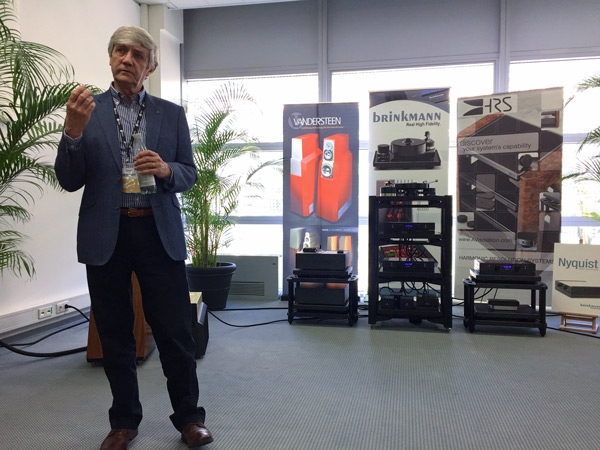Digital rights management (
DRM) tools or
technological protection measures (
TPM)
[1] are a set of
access control technologies for restricting the use of
proprietary hardware and
copyrighted works.
[2] DRM technologies try to control the use, modification, and distribution of copyrighted works (such as
software and multimedia content), as well as systems within devices that enforce these policies.
[3]
Worldwide, many laws have been created which criminalize the circumvention of DRM, communication about such circumvention, and the creation and distribution of tools used for such circumvention. Such laws are part of the United States'
Digital Millennium Copyright Act,
[4] and the
European Union's
Information Society Directive[5](the French
DADVSI is an example of a member state of the European Union ("EU") implementing the directive).
[6]
Common DRM techniques include restrictive
licensing agreements: The access to digital materials, copyright and public domain is restricted to consumers as a condition of entering a website or when downloading software.
[7] Encryption, scrambling of expressive material and embedding of a tag, which is designed to control access and reproduction of information, including backup copies for personal use.
[8] DRM technologies enable content publishers to enforce their own access policies on content, such as restrictions on copying or viewing. These technologies have been criticized for restricting individuals from copying or using the content legally, such as by
fair use. DRM is in common use by the
entertainment industry (e.g., audio and video publishers).
[9] Many
online music stores, such as
Apple's
iTunes Store, and
e-book publishers and vendors, such as OverDrive, also use DRM, as do cable and satellite service operators, to prevent unauthorized use of content or services. However, Apple dropped DRM from all iTunes music files around 2009.
[10]
Industry has expanded the usage of DRM to more traditional hardware products, such as
Keurig's
coffeemakers,
[11][12] Philips'
light bulbs,
[13][14] mobile device power chargers,
[15][16][17] and
John Deere's
tractors.
[18] For instance, tractor companies try to prevent farmers from making
DIY repairs under the usage of DRM-laws such as
DMCA.
[19]







